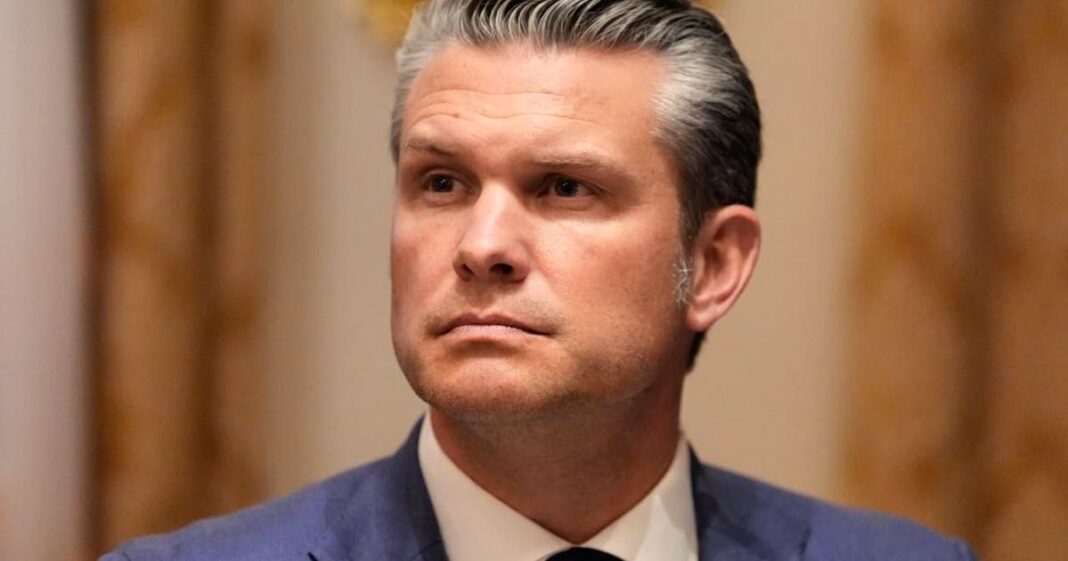US Military’s Recent Actions in the Caribbean: A Deep Dive

US Secretary of Defense Pete Hegseth listens as US President Trump speaks before a lunch with Ukrainian President V. Selenskyj in the Cabinet Room of the White House. Photo: Alex Brandon/AP/dpa
Recent Military Engagements
In a bold and controversial move, the US military has launched strikes against vessels believed to be engaged in drug trafficking in the Caribbean. According to Pentagon chief Pete Hegseth, this recent engagement resulted in the deaths of three individuals aboard a boat in international waters. While Hegseth cited intelligence regarding the boat’s involvement in drug smuggling on known routes, the specifics of the incident remain murky, as independent verification of these claims is currently unattainable.
The Nature of the Attack
The Pentagon shared a striking video clip showcasing what appears to be an airstrike on a boat. A explosive fireball is evident in the footage, which suggests the use of a missile to target the vessel. Hegseth, whose agency has been rebranded by President Donald Trump from the Department of Defense to the Department of War, pledged that the US military’s operations would continue, unabated, declaring the intention to “hunt and kill” drug smugglers.
Escalation of Military Engagements
This recent attack is not an isolated incident; it is part of a broader, intensified campaign by US forces that has included multiple strikes on boats suspected of transporting drugs across both the Caribbean and Pacific. Reports indicate that dozens of lives have been lost in these operations, as the US government terms those involved as “terrorists” engaged in drug trafficking. Such actions have drawn considerable criticism, especially from United Nations human rights experts who argue that the US is flouting international law.
Accusations Against Venezuela
The tensions have escalated further with accusations from the Trump administration that the Venezuelan government, led by President Nicolás Maduro, is complicit in drug smuggling operations targeting the US. Upping the ante, the US military has deployed additional ships and personnel to the region, a move perceived as a direct threat—not only by the Venezuelan government but also by other entities within the region.
Venezuela’s Response
In his recent statements, Maduro has vehemently denied the charges leveled against his administration, asserting that Venezuela is innocent of the claims. He argues that the US’s military actions are merely a pretext for justifying increased aggression against his country, with the broader goal being a regime change that would allow the US to seize Venezuela’s vast oil wealth.
Venezuela’s Oil Reserves
With an estimated 303 billion barrels of oil—about 159 liters each—Venezuela lays claim to the world’s largest proven oil reserves. However, these reserves primarily consist of heavy crude oil, which necessitates specialized technology for extraction and refinement. Maduro’s emphasis on this aspect of Venezuela’s economy highlights the intertwining of geopolitical interests and resource control, suggesting that accusations of drug trafficking may serve larger strategic aims.
Broader Implications
The actions taken by the US military raise important questions about sovereignty, international law, and human rights. As military engagements pivot from classic warfare to targeted operations against alleged traffickers, the legal and ethical frameworks governing these actions come under scrutiny. Critics argue that the use of force in international waters for combatting drug trafficking could set a dangerous precedent, potentially leading to further conflict.



